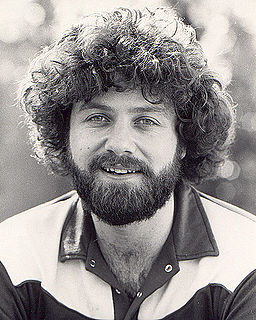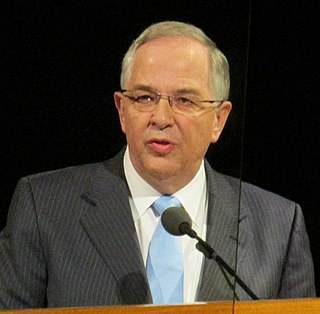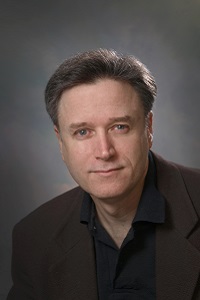A Quote by Albert Camus
What more ghastly image can be called up than that of a man betrayed by his body who, simply because he did not die in time, lives out the comedy while awaiting the end, face to face with that God he does not adore, serving him as he served life, kneeling before a void and arms outstretched toward a heaven without eloquence that he knows to be also without depth?
Related Quotes
It had ceased raining in the night and he walked out on the road and called for the dog. He called and called. Standing in that inexplicable darkness. Where there was no sound anywhere save only the wind. After a while he sat in the road. He took off his hat and placed it on the tarmac before him and he bowed his head and held his face in his hands and wept. He sat there for a long time and after a while the east did gray and after a while the right and godmade sun did rise, once again, for all and without distinction.
The man who knows God but does not know his own misery, becomes proud. The man who knows his own misery but does not know God, ends in despair...the knowledge of Jesus Christ constitutes the middle course because in him we find both God and our own misery. Jesus Christ is therefore a God whom we approach without pride, and before whom we humble ourselves without despair.
How could God invite you to heaven, where the most exciting thing to do all day is gaze upon His glorious face, if you're not in heaven right here on earth when you're alone with Him? Do you think that after you die, suddenly you'll be in heaven and "presto!" all at once you're not going to like worldly things anymore? All of a sudden you'll love more than anything else just to hang out with God, when you couldn't stand being alone with Him even 20 minutes a day?
When a man has offered in sacrifice all that he has for the truth’s sake, not even withholding his life, and believing before God that he has been called to make this sacrifice because he seeks to do his will, he does know, most assuredly, that God does and will accept his sacrifice and offering, and that he has not, nor will not seek his face in vain.
No," Dimitri interrupted gently. He moved his face toward mine, our foreheads nearly touching. "It won't happen to you. You're too strong. You'll fight it, just like you did this time." "I only did because you were here." He wrapped his arms around me, and I buried my face in his chest. "I can't do it by myself," I whispered. "You can," he said. There was a tremulous note in his voice. "You're strong—you're so, so strong. It's why I love you.
How did you escape? (Syd) I fought my way out in a manner that would have made Rambo proud. And when I got home without his body because I couldn’t pull him out without getting myself killed, I got slapped in my face by everyone around me. So don’t talk to me about death, little girl. I wrote the book on it. (Steele)
The man who will go where his colors go, without asking, who will fight a phantom foe in the jungle and mountain range, without counting, and who will suffer and die in the midst of incredible hardship, without complaint, is still what he has always been, from Imperial Rome to sceptered Britain to democratic America. He is the stuff of which legions are made. His pride is in his colors and his regiment, his training hard and thorough and coldly realistic, to fit him for what he must face and his obedience is to his orders. He has been called United States Marine.
If idioms are more to be born than to be selected, then the things of life and human nature that a man has grown up with--(not that one man's experience is better than another's, but that it is 'his.')--may give him something better in his substance and manner than an over-long period of superimposed idiomatic education which quite likely doesn't fit his constitution. My father used to say, 'If a poet knows more about a horse than he does about heaven, he might better stick to the horse, and some day the horse may carry him into heaven'
With the influences of evil that surround our children, can we even imagine sending them out in the morning without kneeling and humbly asking together for the Lord's protection? Or closing the day without kneeling together and acknowledging our accountability before Him and our thankfulness for His blessings? Brothers and sisters, we need to have family prayer.
The abbot told me once that lying was a betrayal to one's self. It's evidence of self-loathing. You see, when you are so ashamed of your actions, thoughts, or intentions, you lie to hide it rather than accept yourself for who you really are. The idea of how others see you becomes more important than the reality of you. It's like when a man would rather die than be thought of as a coward. His life is not as important to him as his reputation. In the end, who is the braver? The man who dies rather than be thought of as a coward or the man who lives willing to face who he really is?









































